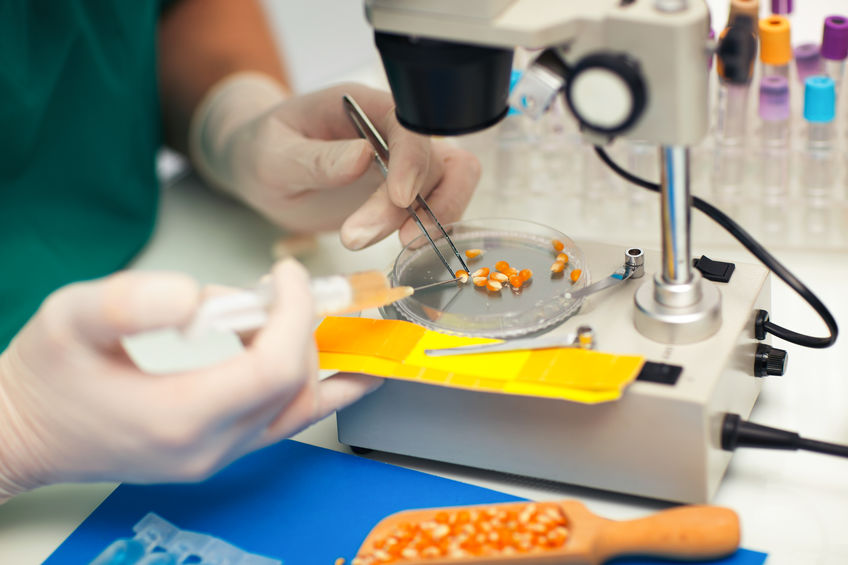
An MP is urging the UK government to protect 'hard-won' gene editing rules from being watered down in post-Brexit talks with the EU.
Former science minister and Conservative MP George Freeman has called on Labour to safeguard the regulatory freedoms secured for gene editing.
Concerns have been raised that they could be compromised in forthcoming UK-EU realignment discussions, as the bloc restricts precision breeding technology.
In a letter to Defra, Mr Freeman sought assurances that the Precision Breeding Act, passed in 2023 and hailed as a “landmark moment for genetic innovation in agriculture,” would not be undermined.
As chair of the APPG on Science and Technology in Agriculture, Mr Freeman praised Labour's success in passing the secondary legislation for the Act, which cleared the House of Lords on 6 May.
He said: “Making these tools readily available will accelerate the development of higher-yielding crops with climate resilience, more durable disease resistance, reduced impact, and with improved end-use quality and nutritional properties."
He emphasised that aligning UK rules with those of countries such as Canada, Australia, Brazil, Argentina, Japan and the US would help unlock global trade and investment opportunities.
“England is now ahead of every other European country in adopting more progressive regulations," Mr Freeman noted.
"We have an opportunity to capitalise on that advantage by promoting early adoption and application of these technologies as a core part of the government’s Industrial Strategy and Green Growth mission."
His letter comes amid speculation that the government may consider ‘dynamic alignment’ with EU food safety rules as part of wider efforts to improve post-Brexit trade with the bloc.
But Mr Freeman warned that while this could deliver a short-term boost in trade, it would be at the cost of long-term innovation-led growth in areas like gene editing, where the UK has a global lead.
“Developing closer collaboration and partnership with the EU is welcome, particularly in relation to science and innovation," he added.
"I am delighted that British researchers and innovators are celebrating a major milestone after securing nearly £500 million in research grants from the EU’s Horizon Europe programme — marking a strong return after a three-year post-Brexit hiatus.
“But in a rush to align more closely with the EU, we must not cede our regulatory autonomy in key areas of agri-innovation such as precision breeding."
